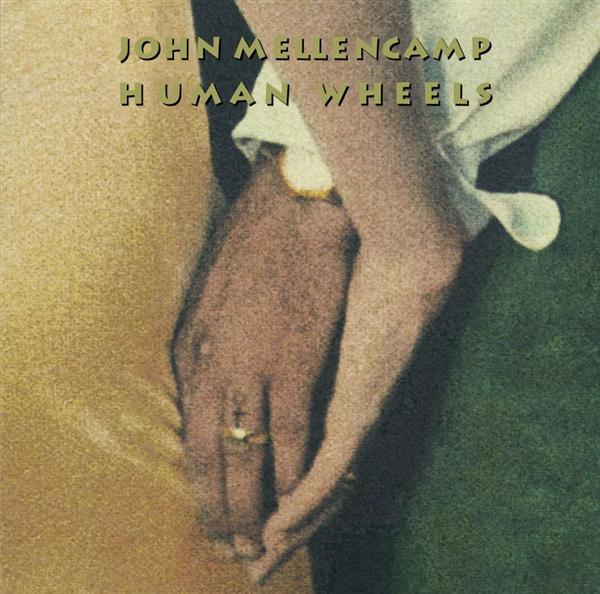
Human Wheels (1993)

1. When Jesus Left Birmingham
2. Junior
3. Human Wheels
4. Beige to Beige
5. Case 795 (The Family)
6. Suzanne and the Jewels
7. Sweet Evening Breeze
8. What if I Came Knocking
9. French Shoes
10.To the River
After the muscular, somewhat uneven return to guitar-driven rock on Whenever We Wanted, John Mellencamp pulled back the throttle for 1993’s Human Wheels. The result is one of the most introspective and refined albums of his career—a quieter, moodier collection that exchanges swagger for atmosphere and trades bombast for nuance. It’s a shift that suits him well.
Where earlier records often relied on broad strokes and blunt declarations, Human Wheels takes a more measured approach. The instrumentation is understated but textured, with accordions, mandolins, and subtle string arrangements woven into the mix—not front and center like they were on The Lonesome Jubilee, but carefully placed to support the songs rather than define them. This is Mellencamp operating with restraint, and it’s surprisingly effective.
Lyrically, he sounds more mature than ever. Long accused of being too literal or too one-note in his writing, here he allows space for ambiguity and reflection. The title track is a standout—an almost meditative meditation on mortality and impermanence, delivered with quiet intensity. Sweet Evening Breeze leans into wistfulness without tipping into sentimentality, while Case 795 (The Family) brings unexpected gravity, addressing real-life tragedy with a sober tone that never feels exploitative.
That’s not to say the entire album is steeped in melancholy. Mellencamp still finds room for his wry sense of humor, as in French Shoes, which provides a bit of levity without breaking the record’s cohesion. There’s range here, but it’s tightly managed. Nothing feels out of place, and nothing overstays its welcome.
The most impressive thing about Human Wheels may be just how solid the songwriting is from front to back. The hooks aren’t flashy, but they’re durable, and the melodies are some of the strongest Mellencamp had crafted in years. It’s a confident, grounded record—one that doesn’t beg for attention but earns it slowly.
Mellencamp has always been a restless figure—often critical of his own work and famously hard to please. If he felt, at the time, that Human Wheels marked a kind of creative arrival, it wouldn’t be hard to see why. But it’s worth remembering that he’d already assembled an impressive catalog long before this. What Human Wheels does, more than anything, is reaffirm his ability to grow as an artist without abandoning the core of what made him resonate in the first place.
It’s not his most iconic album. But it might be one of his best.
Go back to the main page
Go To Next Review